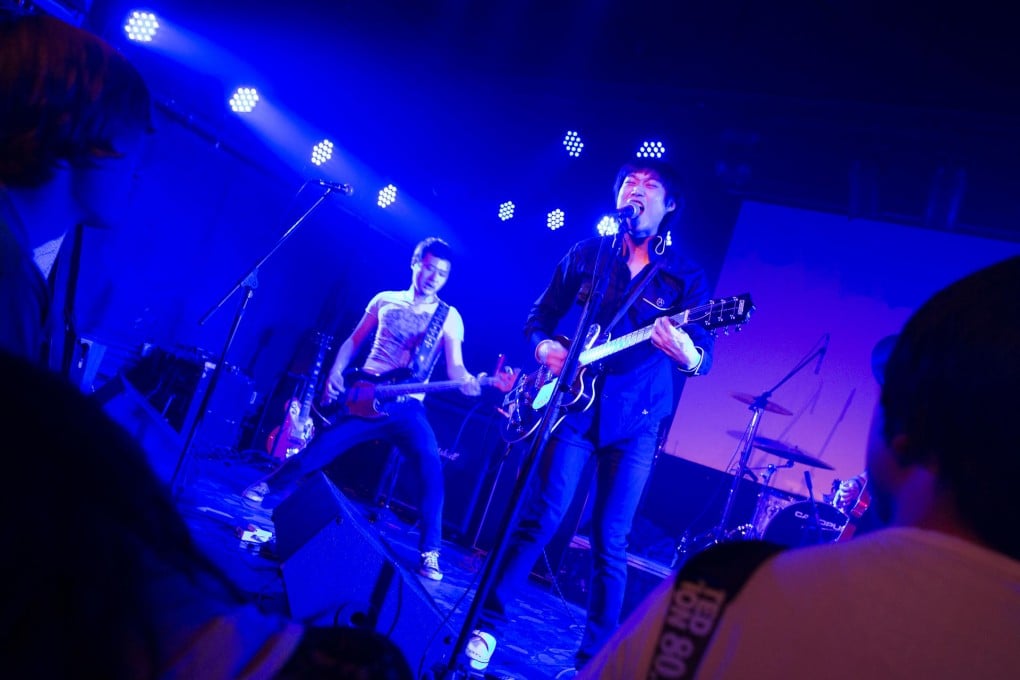Making noise - the intrinsic protest of rock bands in Beijing
In Beijing, bands rock'n'roll but with Chinese characteristics, writes Clarissa Sebag-Montefiore

"The place is very rock'n'roll," Ben Ben says, gazing out from behind her page-boy fringe at the smoky dive club where she is about to perform.
It is a Friday night in Beijing and the Mao Livehouse is packed with fans. Here, graffiti is etched onto the red walls. The floor is sticky with spilt beer and the toilet is blocked. Ben Ben, the Taiwanese lead singer of Beijing-based shoegazing band Skip Skip Ben Ben, is selling kitsch T-shirts before her set begins.
"Beijing is the perfect place to have a rock scene," the 27-year-old says. "It's really s*** everywhere. It's really dirty. It can inspire your mind to create. It's not comfortable at all like my own country." She stops and lets a little smile escape. "I love the people who live here and are not polite. They are natural. It's unique and honest."
Ben Ben, who grew up in Taiwan listening to gospel music with her Christian parents and cites her influences as The Rolling Stones and The Velvet Underground, is polite and sweet, with soft eyes. But when she finally gets up on stage she screeches into the mic with abandon. The crowd in the mosh pit - about half foreigners and half cool local kids - loves it.
If there is a Brooklyn in Beijing, it is the Gulou district. Funky western-style coffee shops line the teeming main road, alongside the street stalls, the construction works, the scattering of dive bars tucked away behind the hot pot restaurants. Of these, Mao Livehouse - a venue which lampoons the "great leader" with its logo of Mao Zedong - is the most visible. On any given night, boys in skinny jeans and thick biker boots spill out of the rusty doors with girls in trainers and pink hair clutching their cheap local beer.